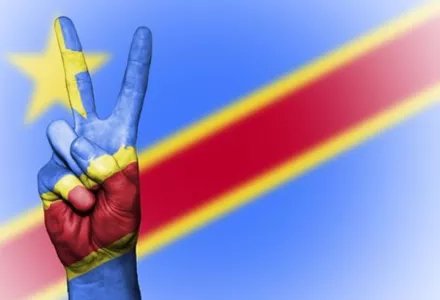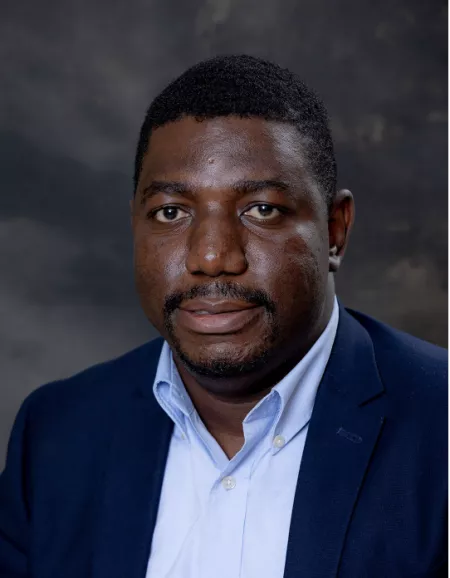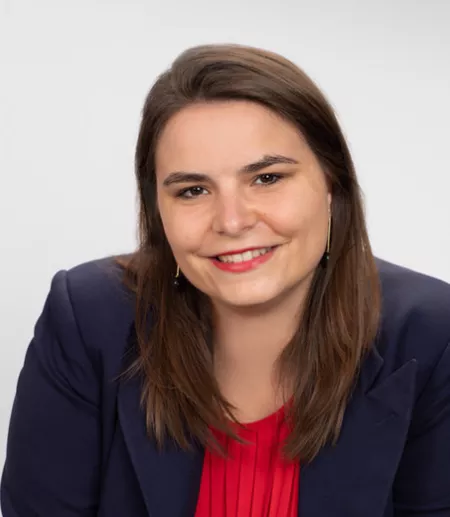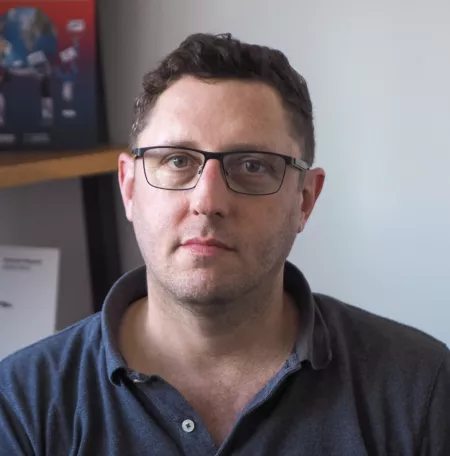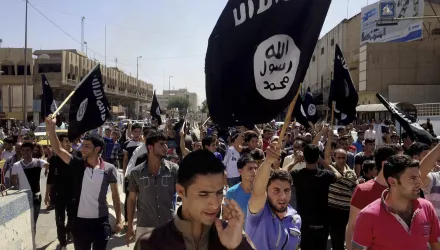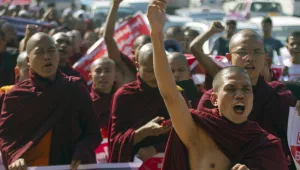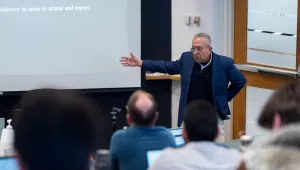Democratic Republic of Congo: Situational Awareness of Recent Escalation
The Democratic Republic of Congo has seen recent surge in violence, but very limited international attention. Reports of foreign mercenaries, competition for access to critical natural resources, and changing political dynamics complicate peace efforts. This panel will look at the humanitarian impact and the political and economic consequences of the conflict to the Great Lakes Region and globally.
Registration:
This event is in-person only. Guests are required to show Harvard ID to access the facility.
Speakers:
Dr. Yvan Yenda Ilunga, Assistant Professor, Political Science and International Relations, Salve Regina University
Emmy-Lou Nicolaï, Emergency Officer, UNICEF
Joshua Walker, Director of Programs at the Congo Research Group
Moderator:
Dr. Jocelyn Kelly, Director, Harvard Humanitarian Initiative’s (HHI) Gender, Rights and Resilience (GR2)

